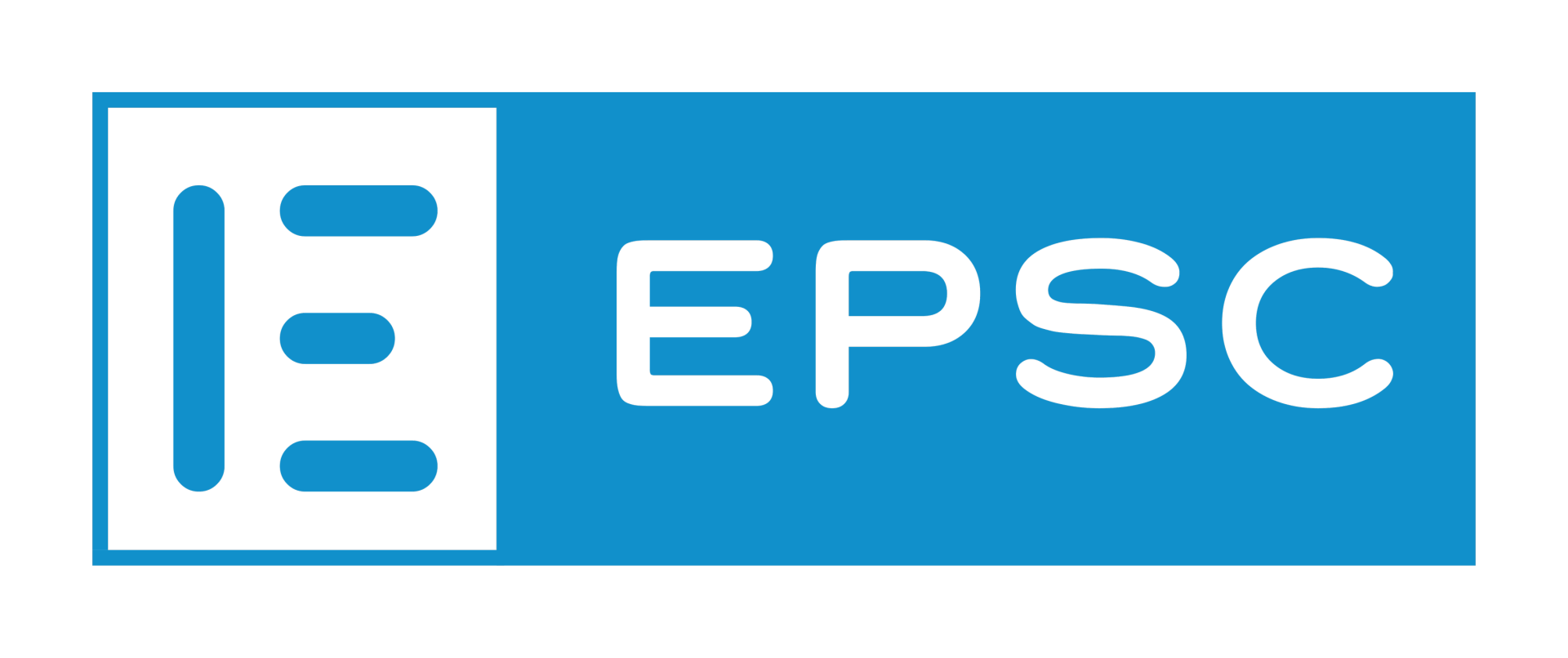
Slide title
Write your caption hereButton
Slide title
Write your caption hereButton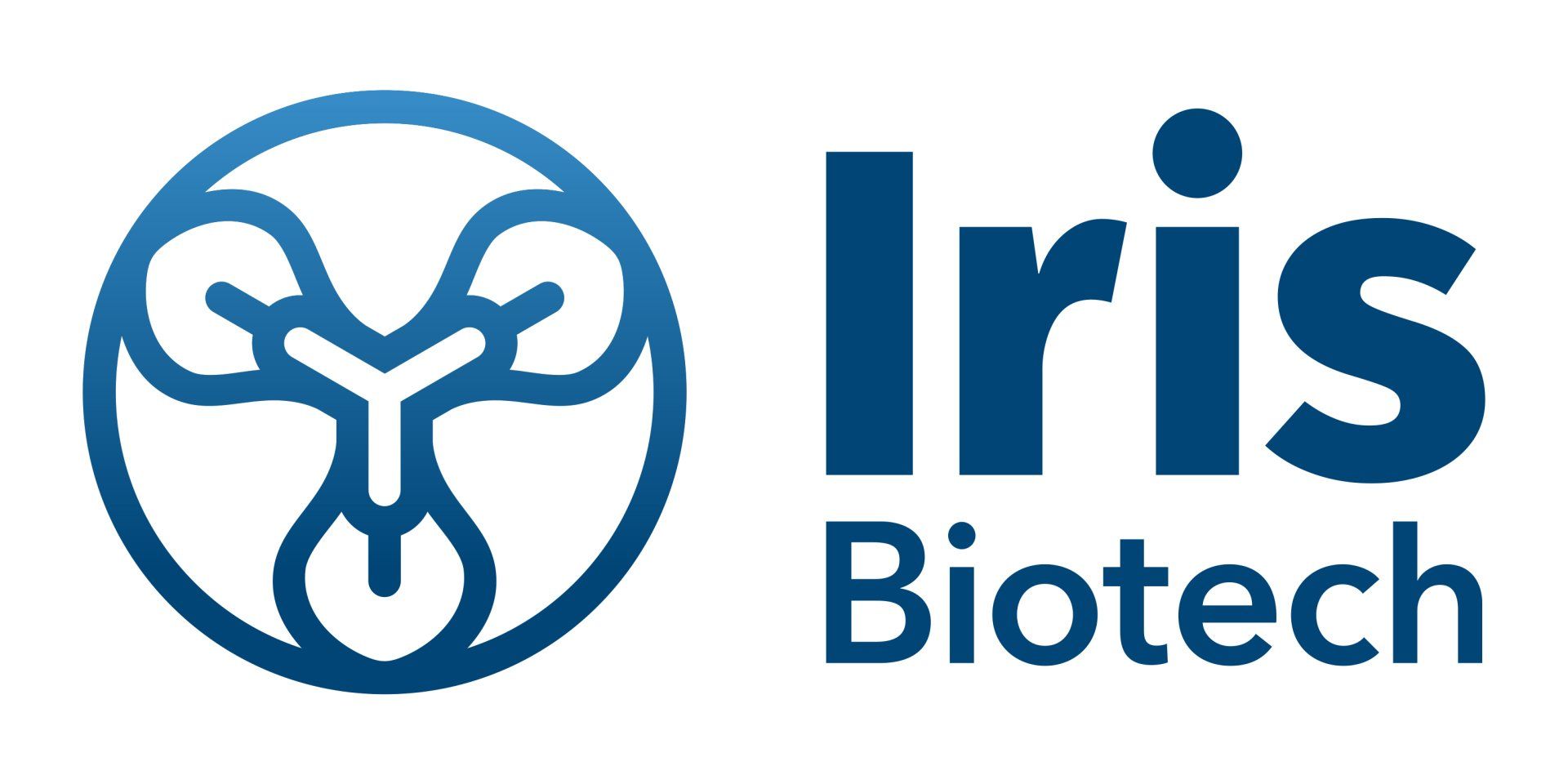
Slide title
Write your caption hereButton
Slide title
Write your caption hereButton

Slide title
Write your caption hereButton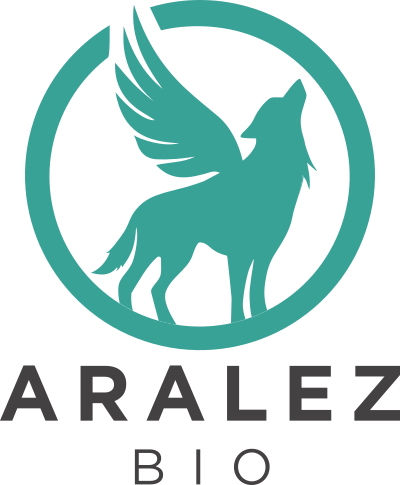
Slide title
Write your caption hereButton
Slide title
Write your caption hereButton
Slide title
Write your caption hereButton

Slide title
Write your caption hereButton
Slide title
Write your caption hereButton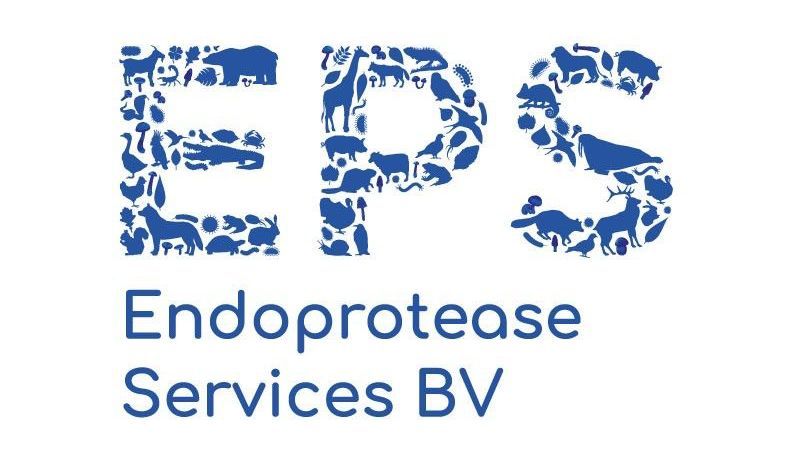
Slide title
Write your caption hereButton
Slide title
Write your caption hereButton
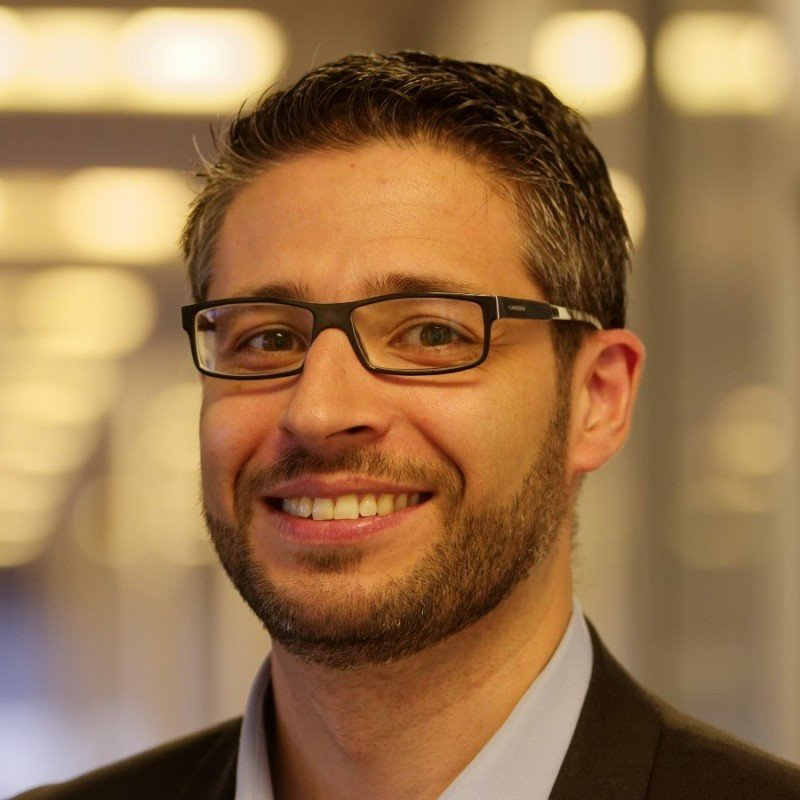
Diego Rodriguez
European Technical Specialist and Business Development Manager
Silicycle
Dr Diego Rodriguez Cabaleiro is the Technical Specialist and BDM at SiliCycle Europe, based in Paris. Previous to his actual role he held different positions at Waters Europe in the fields of Phama, Biopharma and Biomolecule Separations. Prior to that and during his PhD studies at Gent University in Belgium, the main topic of research was the development of analytical methods for the bioanalysis of small peptides and proteins in human serum, publishing a total of 10 per review papers at international journals.
L17 - Key Factors in Reverse Phase Method Development of Peptides
Peptides exist over a range of sizes and chemical properties. A variety of chromatographic techniques have been used to purified peptides. Reverse phase chromatography offers very high resolution, ideal to purify target peptides from close related impurities. Unfortunately, the principles of reverse phase do not apply in the same way as for smaller molecules. Secondary and tertiary structures on peptides create unpredictable behaviours. A broader range of parameters affect and to a higher extent the chromatography. The type of mobile phase, organic solvent used, and modifiers play a big role. Conditions of operation like gradient slopes, flow rate and temperature need to be optimised and controlled very tightly. Choice of column is very important too. Pore size, bonded phase, surface chemistry, column dimensions and particle size need to be carefully chosen depending on the application. Finally, column to column variability needs to be tightly controlled.
To provide an experimental framework for describing and modelling peptide separations, we have examined all these variables.
In this short presentation we review with the mean of some examples those key factors and set the basis for systematic optimization of peptide separations.
